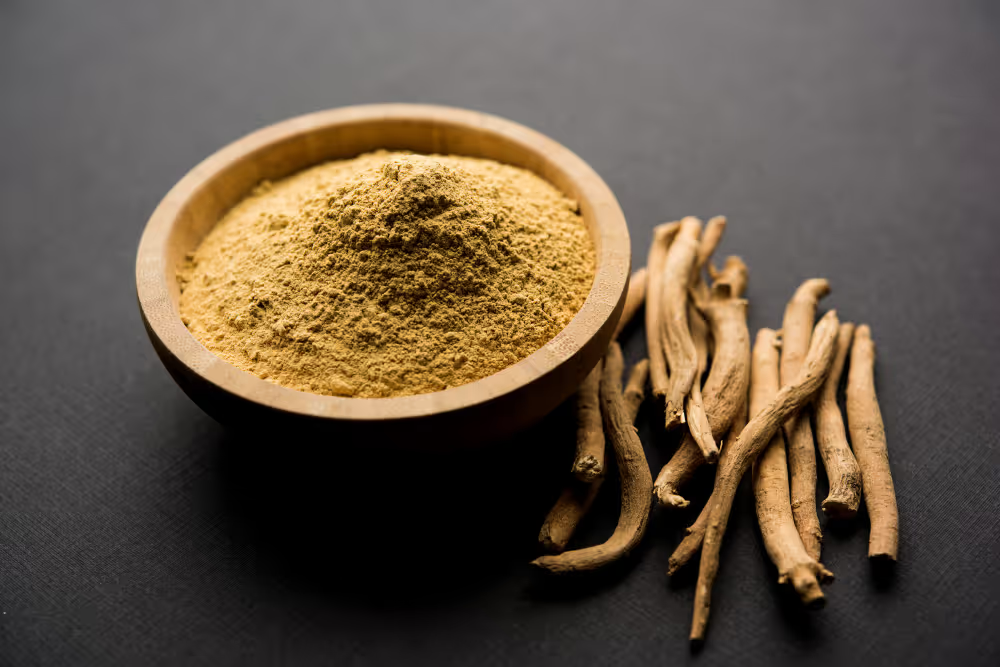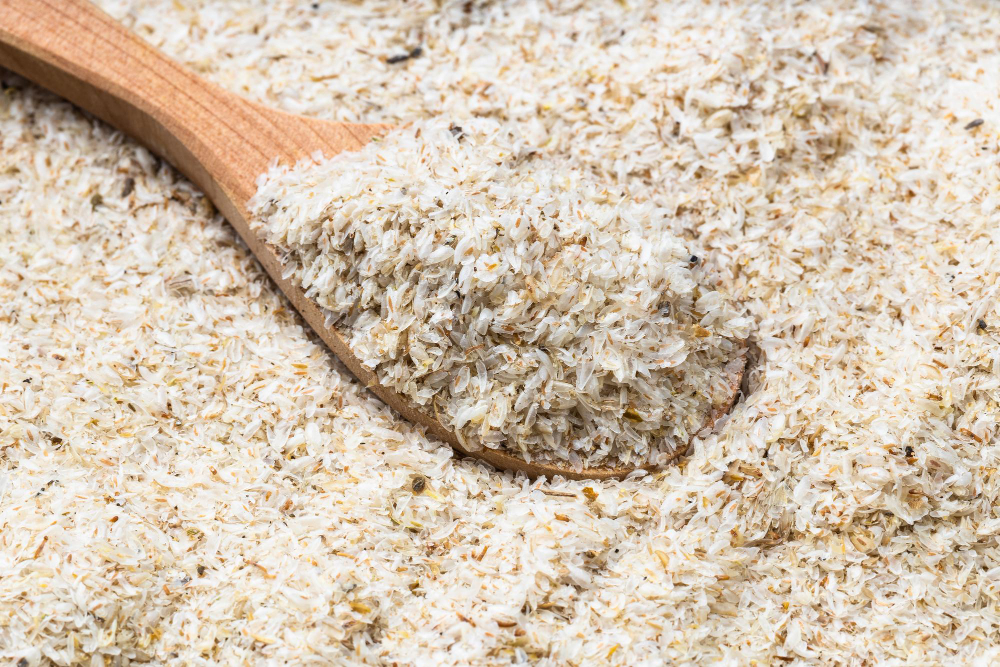1. What is Ashwagandha?
Ashwagandha (Withania somnifera) is a medicinal plant used for thousands of years in Ayurvedic medicine, known as a adaptogen— a type of plant that helps the body adapt to stress and maintain its balance.
2. How does Ashwagandha work in the body?
The main active compounds in ashwagandha are called withanolide. They:
- They reduce cortisol levels (stress hormone), preventing exhaustion.
- They improve insulin sensitivity, supporting metabolism.
- They have anti-inflammatory effect, protecting cells from oxidative stress.
- It supports the nervous system, reducing anxiety and improving concentration.
3. Benefits in the context of intermittent fasting
If you keep intermittent fasting, Ashwagandha can be a useful ally:
- Reducing metabolic stress— fasting is a beneficial stress (Hormetic), but in excess can increase cortisol. Ashwagandha helps balance.
- Maintaining energy— can prevent the feeling of exhaustion, especially in the first days of fasting.
- Better sleep— essential for hormone regulation and metabolic recovery.
- Supporting muscle massStudies show that it can increase strength and muscle mass when combined with exercise.
4. How is it consumed?
Ashwagandha is available in the form of:
- powder (can be added to smoothies, protein shakes, vegetable milk)
- capsules or tablets
- Liquid tincture
Usual dosage: 300—600 mg standardized extract/day or 3—5 g powder, divided into 1—2 administrations.
5. Precautions
- It is not recommended for pregnant or lactating women.
- People with thyroid or autoimmune problems should consult their doctor.
- May potentiate the sedative effect of some drugs.
6. What does science say?
- A study of Indian Journal of Psychological Medicineshowed that daily administration for 60 days reduced cortisol by up to 27%.
- Research published in Journal of the International Society of Sports Nutritionthey showed a significant increase in strength and muscle mass in athletes.
Conclusion
Ashwagandha is more than just an anti-stress supplement. Used correctly, it can support hormonal balance, energy, and metabolic health, especially if you practice intermittent fasting.
Yes, but some people may feel gastric discomfort. If it happens, take it with a little food.
Yes, it can lower blood sugar slightly. If you are taking diabetes medication, talk to your doctor to avoid hypoglycemia.
Yes, but if you are sensitive to caffeine, take Ashwagandha in the evening for a relaxing effect and coffee in the morning.









.svg.avif)



















































.svg)
